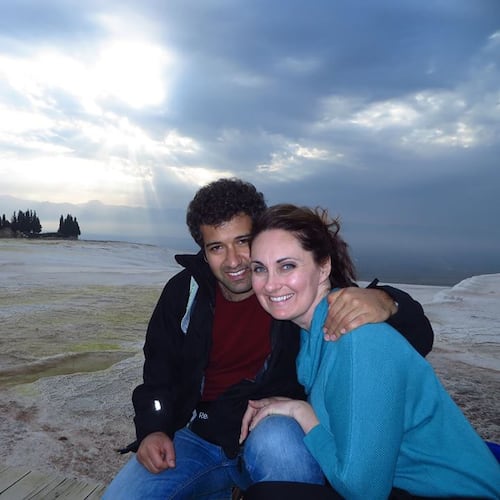Peachtree Corners residents on Tuesday night turned their unincorporated community into Gwinnett County's first new city in 55 years.
With all 13 precincts reporting, the referendum on incorporation won by a wide margin. Cityhood supporters celebrated the culmination of a three-year effort at a local Mexican restaurant and looked ahead to municipal elections in March and the start of government operations on July 1.
"We really connected with the voters in our area," said Robert Byars, a cityhood supporter and possible candidate for the new city council. "My aspiration is to have a responsible government and, if I can participate in that, that would be great."
Peachtree Corners will become the largest and most populous city in Gwinnett with an estimated 34,000 residents. It also becomes the county’s first incorporated city since Berkeley Lake in 1956.
Gwinnett County's election supervisor said Tuesday night that voter turnout was heaviest in the Peachtree Corners precincts, suggesting the months-long campaign for cityhood resonated with area residents.
Incorporating Peachtree Corners has been a longtime goal of residents, who want to control growth and determine the character of their community.
Most members of the United Peachtree Corners Civic Association rejected the idea in 2005. But Norcross’ aborted attempt to annex much of the nearby Technology Park area reinvigorated the incorporation effort.
In the spring, local lawmakers pushed legislation calling for incorporation in the General Assembly. Gov. Nathan Deal subsequently signed the bill enabling Tuesday’s vote.
Under that measure, Peachtree Corners roughly will have boundaries of the Chattahoochee River to the north, the city of Berkeley Lake to the east, Fulton County to the west and Buford Highway and Norcross to the south.
Opponents of cityhood argued that Peachtree Corners residents didn’t need another layer of government or more property taxes, and that they were content with the county government.
In response, Peachtree Corners leaders tried to sell voters on the idea of a limited government and low millage rate, which would be capped at 1 mill under the city charter and could be changed only by a referendum.
About the Author
The Latest
Featured

